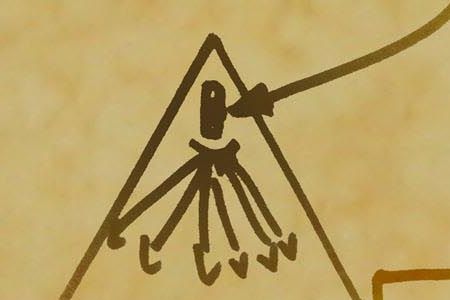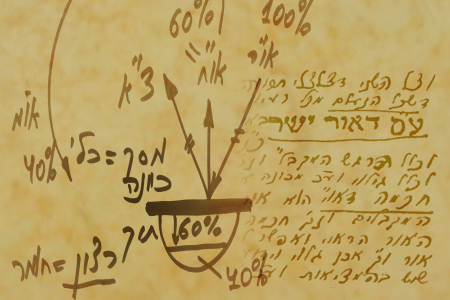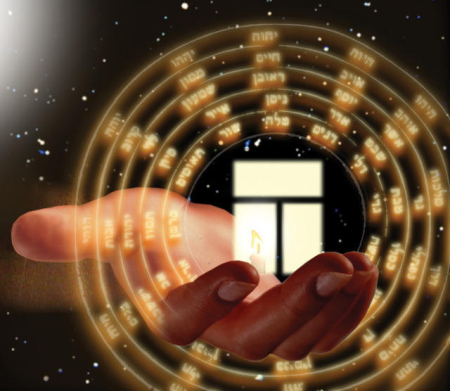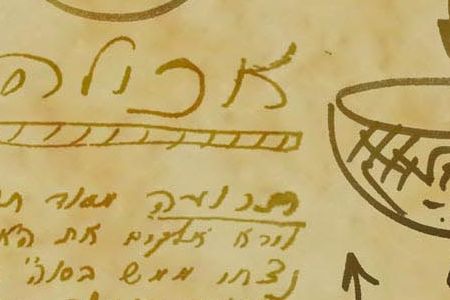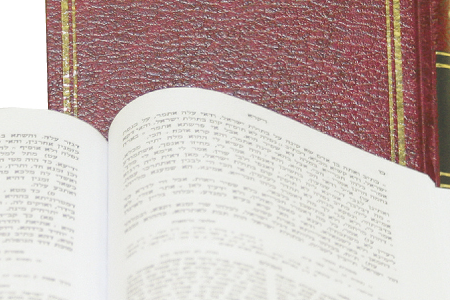Deuteronomy, 32:1-32:52
This Week’s Torah Portion | Sep 29 – Oct 05, 2024 – 26 Elul, 5784 – 3 Tishri, 5785
In A Nutshell
The portion, Haazinu (Give Ear), deals with the entrance to the land of Israel. Moses begins with a song that serves as a reminder to the people when they abandon the work of the Creator in the future. The song praises the guidance of the Creator and His choice of the people of Israel, and presents the people of Israel as stiff-necked and one that has turned to idol worship.
Afterward there is an explanation of the punishment in the case of committing idolatry, and a statement that the Creator will not help Israel against their enemies in such a case. However, to the extent that Israel repents, the Creator will save them from all their enemies.
When Moses concludes reading his song, the Creator commands him to climb up Mount Nevo and look from there at the land of Israel. He tells Moses that he will die and will not be awarded entrance to the land of Israel.
Commentary by Dr. Michael Laitman
The Torah contains all the secrets of the world. The Torah means instruction; it guides us on how we should conduct ourselves in order to advance. The Torah speaks of the whole of creation; it helps us cope with difficulties and shows us what to do.
The big question is why the Torah ends before the entrance to the land of Israel. In truth, the struggles, problems, the great dilemmas, and the difficulties of coping with all that awaits the people henceforth— especially in this portion,—are already in us.
The people has reached a state where it is ready to advance and enter the land of Israel, to cope with all the problems, and to rise above them. It is precisely through this war that the people acquires the land of Israel. The story speaks of our desires, our forces, which have become corrected through the light, through everything that we have done and went through in the desert in order to be ready to enter the land of Israel.
The song, Haazinu, praises the Creator, the force of bestowal. It stresses that we must always remember to interpret what is happening accurately, and extol the force of bestowal, the value of love of others, which is the great rule of the Torah, and for which we do all that we do. “Love your neighbor as yourself” is more just than a maxim; it is the purpose of each and every action, a rule that includes all our efforts. Continue reading “Haazinu (Give Ear) Parsha – Weekly Torah Portion”
